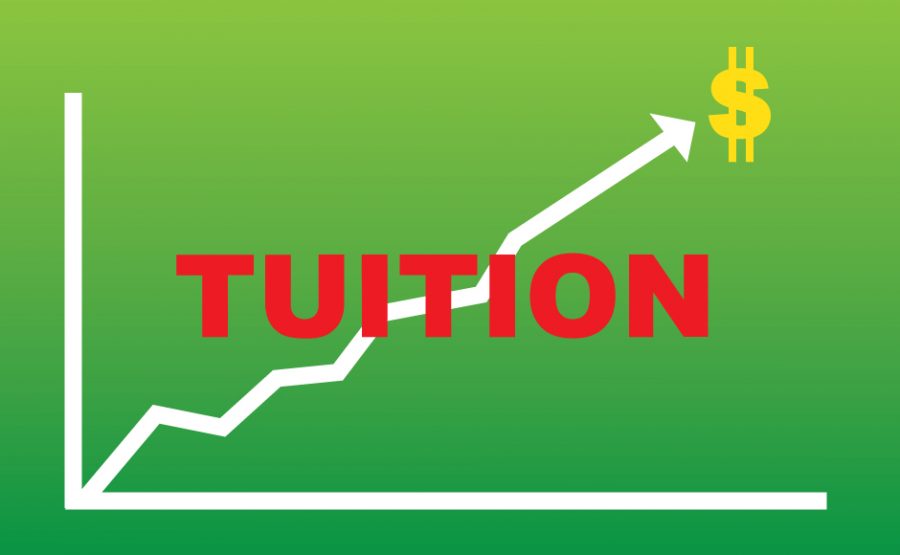Revisit university tuition increment
Our morale was high; filled with gallant hopes and expectations of a dream come through. Yet, these hopes of brilliant minds dearly dedicated to making their parents proud are about to be squashed by a human-induced policy. Failure of the federal government to release more funds for the smooth running of tertiary institutions has prompted […]

Our morale was high; filled with gallant hopes and expectations of a dream come through. Yet, these hopes of brilliant minds dearly dedicated to making their parents proud are about to be squashed by a human-induced policy.
Failure of the federal government to release more funds for the smooth running of tertiary institutions has prompted some prominent Nigerian public universities to increase their tuition fees. Many of the federal universities across the country have announced an over 100 per cent increase in student registration fees.
Even before the increase in fees, I personally know students who could barely afford to pay for academic materials like handouts and photocopies, while other students who could still afford to pay the fees, struggled in school.
The increase in fees in Nigerian public universities has begun to have a crucial impact on struggling families.
- After 16 years, FAAN, Bi-Courtney move to end MMA2 concession row
- Benue man accused of raping 4-year-old girl
For a significant number of families who are already struggling to make ends meet, the additional financial burden of higher fees can be overwhelming. It may force some families to make difficult choices, such as cutting back on other vital expenses.
In some cases, it may even prevent students from pursuing higher education altogether. This could have a long-term consequences for both individuals and society as education is a key driver of social and economic mobility.
I saw on a WhatsApp platform a friend who posted a screenshot of a conversation in a school group where two members of the platform would have to forsake school due to this increment.
In a 2022 report released by the Joint Admissions and Matriculation Board (JAMB), out of 1,854,288 students in tertiary institutions, 1,206,825 or 65 per cent are in federal universities; 544,936 or 29 per cent in state government-owned universities; and 102,500 or 6 per cent in private universities.
From this report, presumably, one can deduce that most students who attend public universities are from financially disadvantaged homes – with the exception of a few whose parents aren’t – and they would not be able to afford such an increment.
My humble prayer is that ASUU will do something meaningful to save the situation. Their National President, Prof Emmanuel Osodeke, had said the decision could put higher education out of reach for indigent students, and expressed concern over the alleged systematic withdrawal of government from funding public universities.
Above all, this development has led to fear among parents and students, as it seems it is a deliberate attempt to pile more economic hardship on already suffering Nigerians. They should kindly revisit this development.
I want to state that education is a fundamental right and should be accessible to all. While hoping that the government speedily finds a lasting solution to allow students to continue their education without burdening their families, I pray that the solution ensures education remains accessible and affordable to all students, regardless of their financial background.
Ramatu Amirah Muhammad is a student of the Department of Mass Communication, ABU Zaria [email protected]
